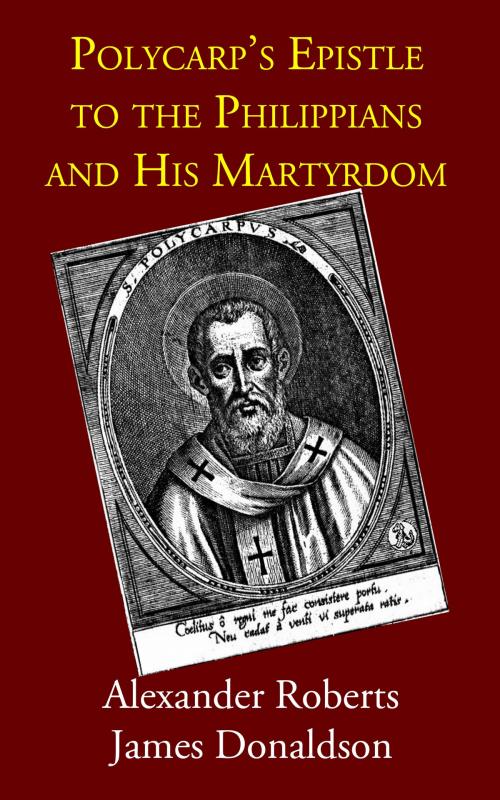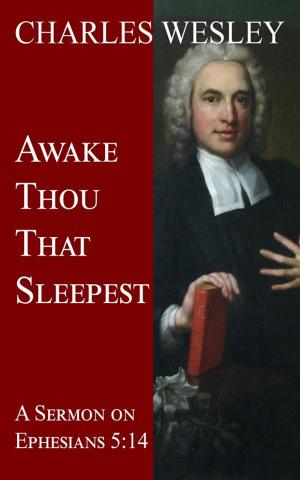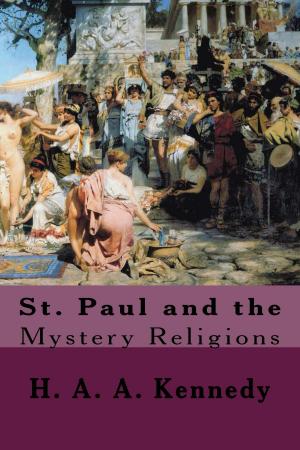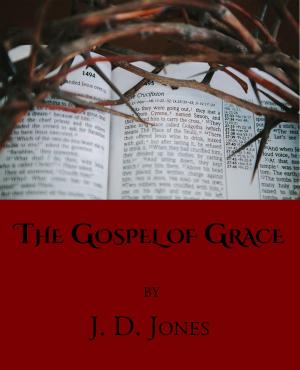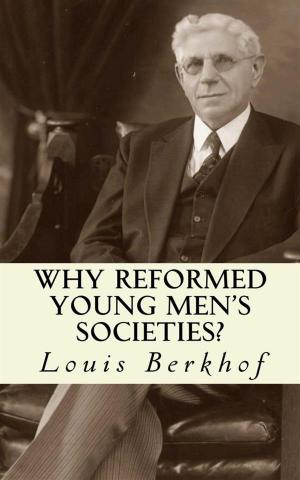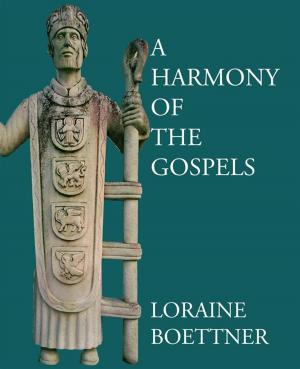Polycarp's Epistle to the Philippians and His Martyrdom
Nonfiction, Religion & Spirituality, Christianity, Christian Literature, Church, Church History| Author: | Polycarp, Alexander Roberts, James Donaldson | ISBN: | 1230001947304 |
| Publisher: | CrossReach Publications | Publication: | October 1, 2017 |
| Imprint: | Language: | English |
| Author: | Polycarp, Alexander Roberts, James Donaldson |
| ISBN: | 1230001947304 |
| Publisher: | CrossReach Publications |
| Publication: | October 1, 2017 |
| Imprint: | |
| Language: | English |
THE Epistle is usually made a sort of preface to those of Ignatius, for reasons which will be obvious to the reader. Yet he was born later, and lived to a much later period. They seem to have been friends from the days of their common pupilage under St. John; and there is nothing improbable in the conjecture of Usher, that he was the "angel of the church in Smyrna," to whom the Master says, "Be thou faithful unto death, and I will give thee a crown of life." His pupil Irenaeus gives us one of the very few portraits of an apostolic man which are to be found in antiquity, in a few sentences which are a picture: "I could describe the very place in which the blessed Polycarp sat and taught; his going out and coming in; the whole tenor of his life; his personal appearance; how he would speak of the conversations he had held with John and with others who had seen the Lord. How did he make mention of their words and of whatever he had heard from them respecting the Lord." Thus he unconsciously tantalizes our reverent curiosity. Alas! that such conversations were not written for our learning. But there is a wise Providence in what is withheld, as well as in the inestimable treasures we have received.
THE Martyrdom purports to have been written by the church at Smyrna to the church at Philomelium, and through that church to the whole Christian world, in order to give a succinct account of the circumstances attending the martyrdom of Polycarp. It is the earliest of all the Martyria, and has generally been accounted both the most interesting and authentic. Not a few, however, deem it interpolated in several passages, and some refer it to a much later date than the middle of the second century, to which it has been commonly ascribed. We cannot tell how much it may owe to the writers who successively transcribed it. Great part of it has been engrossed by Eusebius in his Ecclesiastical History (iv. 15); and it is instructive to observe, that some of the most startling miraculous phenomena recorded in the text as it now stands, have no place in the narrative as given by that early historian of the church. Much discussion has arisen respecting several particulars contained in this Martyrium; but into these disputes we do not enter, having it for our aim simply to present the reader with as faithful a translation as possible of this very interesting monument of Christian antiquity.
THE Epistle is usually made a sort of preface to those of Ignatius, for reasons which will be obvious to the reader. Yet he was born later, and lived to a much later period. They seem to have been friends from the days of their common pupilage under St. John; and there is nothing improbable in the conjecture of Usher, that he was the "angel of the church in Smyrna," to whom the Master says, "Be thou faithful unto death, and I will give thee a crown of life." His pupil Irenaeus gives us one of the very few portraits of an apostolic man which are to be found in antiquity, in a few sentences which are a picture: "I could describe the very place in which the blessed Polycarp sat and taught; his going out and coming in; the whole tenor of his life; his personal appearance; how he would speak of the conversations he had held with John and with others who had seen the Lord. How did he make mention of their words and of whatever he had heard from them respecting the Lord." Thus he unconsciously tantalizes our reverent curiosity. Alas! that such conversations were not written for our learning. But there is a wise Providence in what is withheld, as well as in the inestimable treasures we have received.
THE Martyrdom purports to have been written by the church at Smyrna to the church at Philomelium, and through that church to the whole Christian world, in order to give a succinct account of the circumstances attending the martyrdom of Polycarp. It is the earliest of all the Martyria, and has generally been accounted both the most interesting and authentic. Not a few, however, deem it interpolated in several passages, and some refer it to a much later date than the middle of the second century, to which it has been commonly ascribed. We cannot tell how much it may owe to the writers who successively transcribed it. Great part of it has been engrossed by Eusebius in his Ecclesiastical History (iv. 15); and it is instructive to observe, that some of the most startling miraculous phenomena recorded in the text as it now stands, have no place in the narrative as given by that early historian of the church. Much discussion has arisen respecting several particulars contained in this Martyrium; but into these disputes we do not enter, having it for our aim simply to present the reader with as faithful a translation as possible of this very interesting monument of Christian antiquity.
